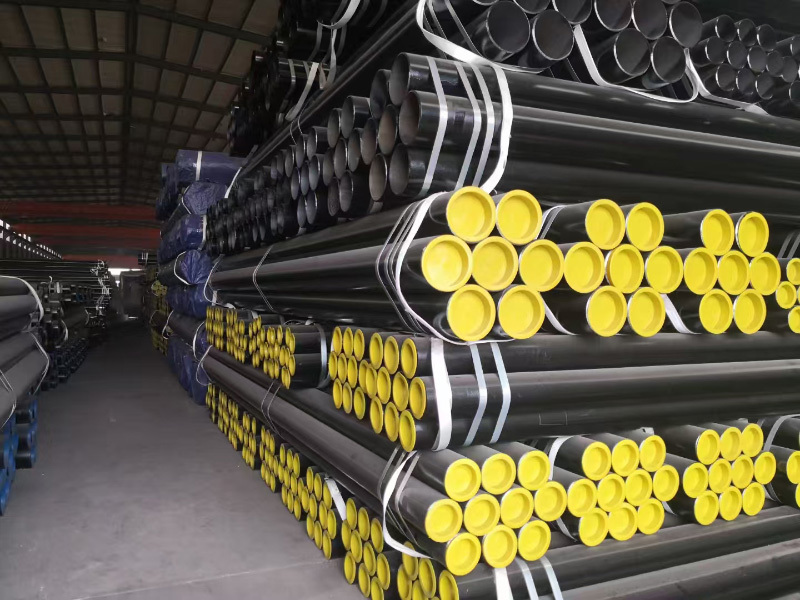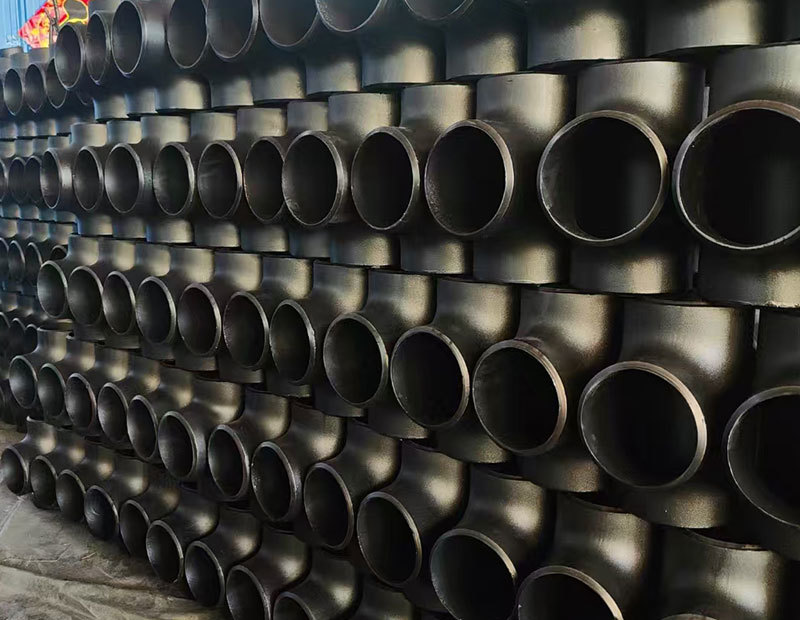Leading Smls Pipe and fittings supplier from China since 1991
The Essential Guide to Forged Flanges: Strength and Versatility in Construction
Forged flanges play a crucial role in the construction and decoration materials industry, particularly in piping systems. These components are essential for connecting pipes, valves, and other equipment, ensuring tight seals and structural integrity. Understanding forged flanges involves delving into their properties, manufacturing processes, and practical applications. The manufacturing process o
Jul 27,2025

Forged flanges play a crucial role in the construction and decoration materials industry, particularly in piping systems. These components are essential for connecting pipes, valves, and other equipment, ensuring tight seals and structural integrity. Understanding forged flanges involves delving into their properties, manufacturing processes, and practical applications.
The manufacturing process of forged flanges begins with the selection of high-quality steel or other metals. The material is then heated to a high temperature and shaped under immense pressure using forging techniques. This process enhances the grain structure of the metal, resulting in a stronger and more durable product compared to flanges made through casting. The increased strength and resistance to deformation make forged flanges ideal for high-pressure and high-temperature applications.
One of the primary advantages of forged flanges is their superior mechanical properties. They are less prone to defects and irregularities, which are common in cast flanges. The forging process eliminates many internal voids and ensures a more uniform material structure, leading to enhanced performance and longevity. As a result, forged flanges are often preferred in critical applications such as oil and gas pipelines, chemical processing plants, and water treatment facilities.
In addition to their strength, forged flanges offer excellent versatility. They are available in various sizes, shapes, and standards, allowing them to be tailored for specific applications. Whether a project requires slip-on, weld neck, or blind flanges, there is a forged option that can meet the technical requirements. This adaptability makes forged flanges suitable for a wide range of industries, including construction, manufacturing, and energy.
Another noteworthy aspect of forged flanges is their reliability in harsh environments. Due to their robust nature, they can withstand extreme conditions without compromising performance. This reliability is essential for maintaining safety and efficiency in plumbing systems and industrial applications where leaks can lead to significant hazards.
Furthermore, the ease of installation associated with forged flanges cannot be overlooked. They are designed to align easily with other piping components, facilitating quick assembly and reducing the likelihood of installation errors. This not only saves time but also minimizes labor costs, making them a practical choice for construction projects.
In conclusion, forged flanges are indispensable components in the construction and decoration materials sector, offering unmatched strength, versatility, and reliability. Their manufacturing process ensures a superior product well-suited for various applications. As industry demands continue to evolve, the importance of understanding and utilizing forged flanges will remain critical for ensuring safe and efficient piping systems.
The manufacturing process of forged flanges begins with the selection of high-quality steel or other metals. The material is then heated to a high temperature and shaped under immense pressure using forging techniques. This process enhances the grain structure of the metal, resulting in a stronger and more durable product compared to flanges made through casting. The increased strength and resistance to deformation make forged flanges ideal for high-pressure and high-temperature applications.
One of the primary advantages of forged flanges is their superior mechanical properties. They are less prone to defects and irregularities, which are common in cast flanges. The forging process eliminates many internal voids and ensures a more uniform material structure, leading to enhanced performance and longevity. As a result, forged flanges are often preferred in critical applications such as oil and gas pipelines, chemical processing plants, and water treatment facilities.
In addition to their strength, forged flanges offer excellent versatility. They are available in various sizes, shapes, and standards, allowing them to be tailored for specific applications. Whether a project requires slip-on, weld neck, or blind flanges, there is a forged option that can meet the technical requirements. This adaptability makes forged flanges suitable for a wide range of industries, including construction, manufacturing, and energy.
Another noteworthy aspect of forged flanges is their reliability in harsh environments. Due to their robust nature, they can withstand extreme conditions without compromising performance. This reliability is essential for maintaining safety and efficiency in plumbing systems and industrial applications where leaks can lead to significant hazards.
Furthermore, the ease of installation associated with forged flanges cannot be overlooked. They are designed to align easily with other piping components, facilitating quick assembly and reducing the likelihood of installation errors. This not only saves time but also minimizes labor costs, making them a practical choice for construction projects.
In conclusion, forged flanges are indispensable components in the construction and decoration materials sector, offering unmatched strength, versatility, and reliability. Their manufacturing process ensures a superior product well-suited for various applications. As industry demands continue to evolve, the importance of understanding and utilizing forged flanges will remain critical for ensuring safe and efficient piping systems.
Hot Tags:
PREVIOUS:






